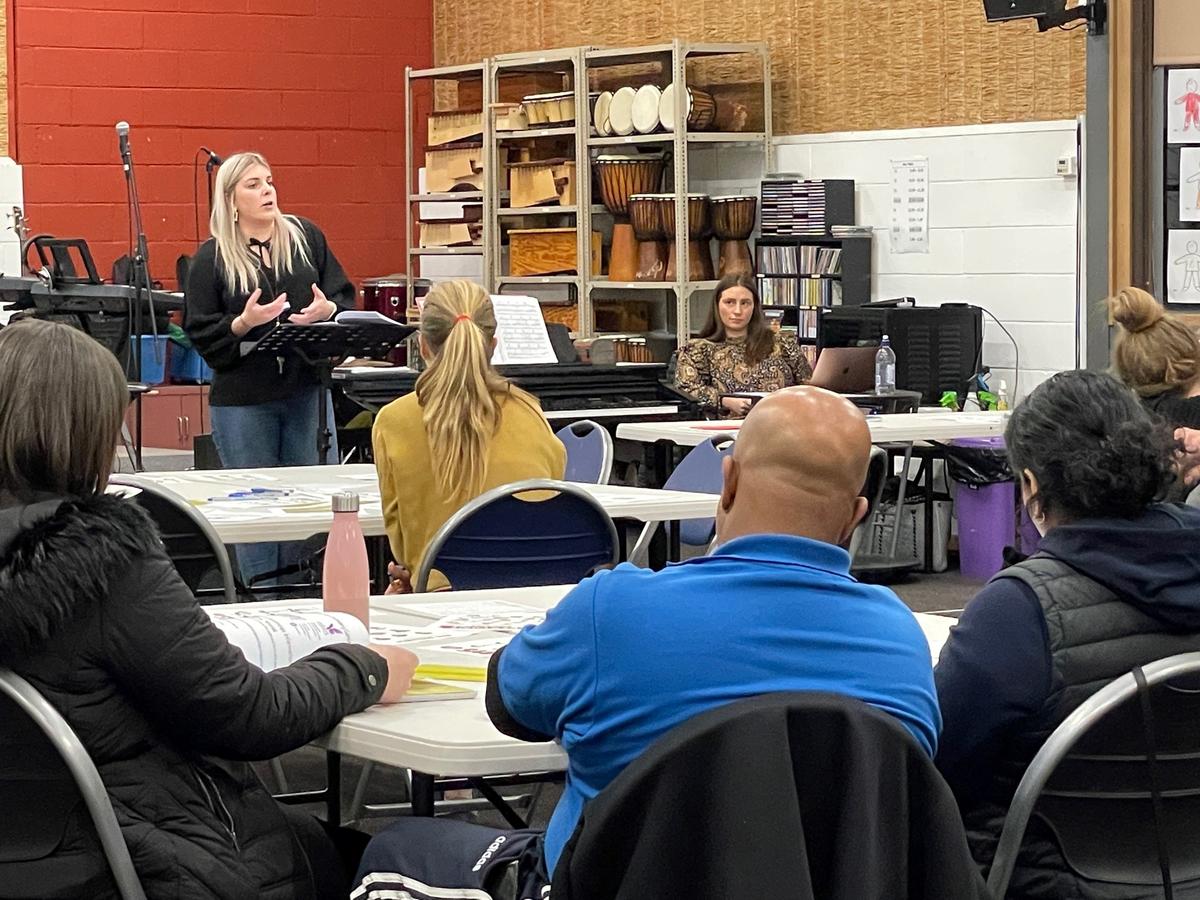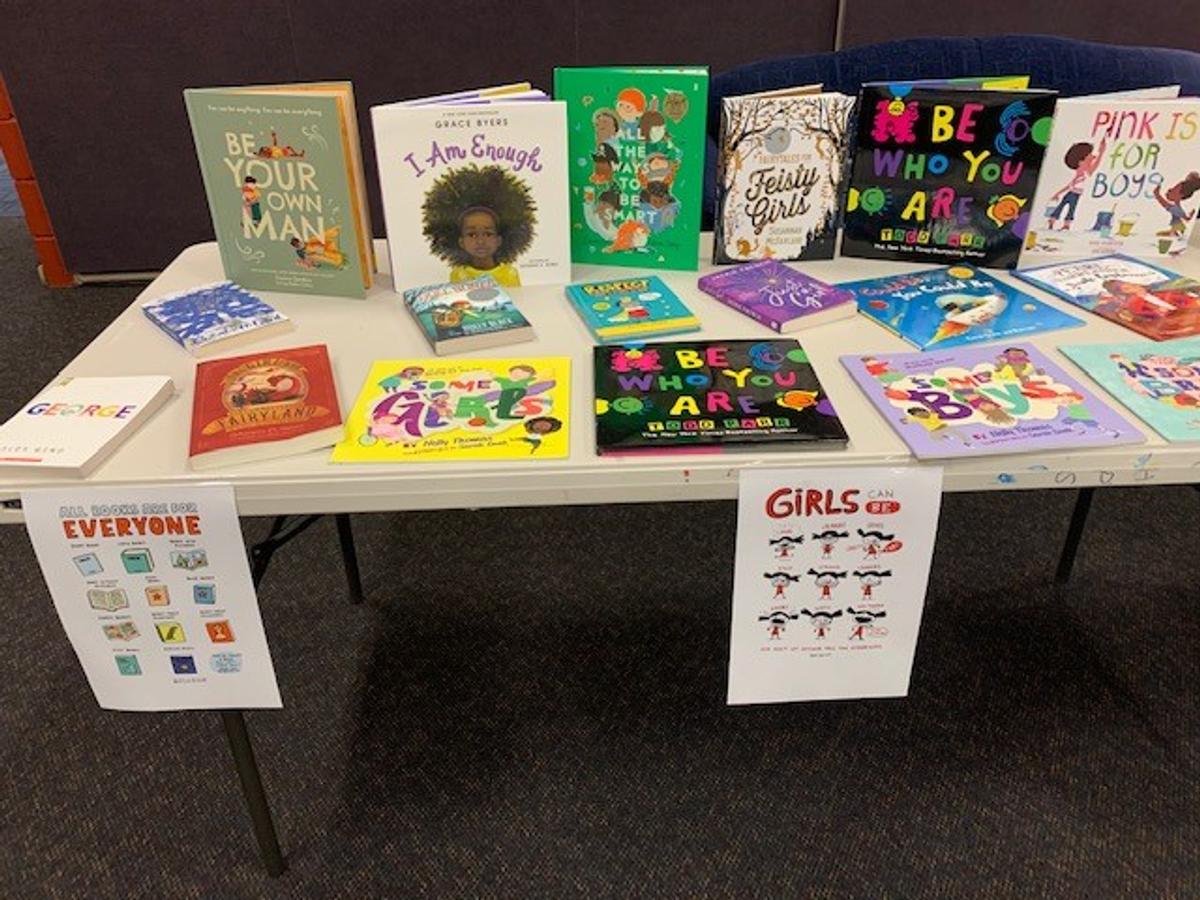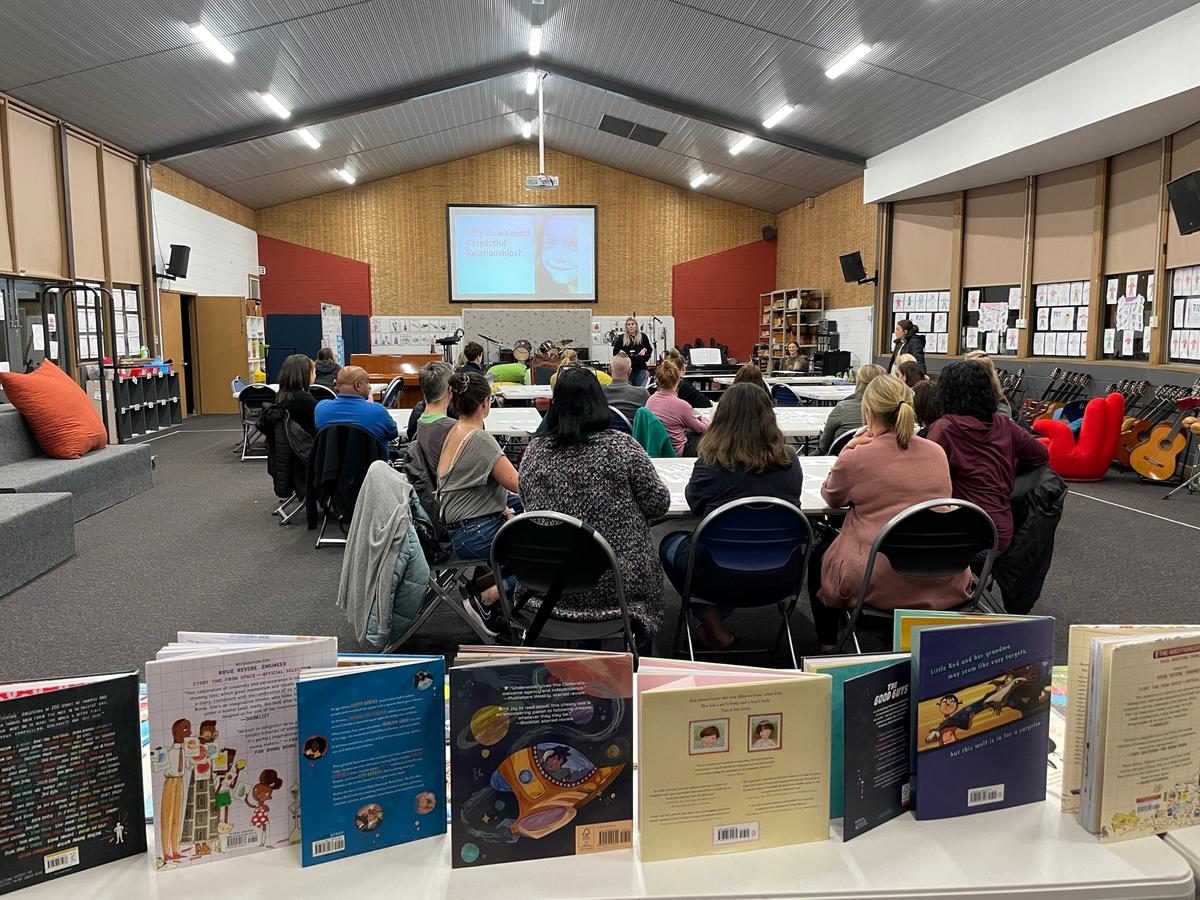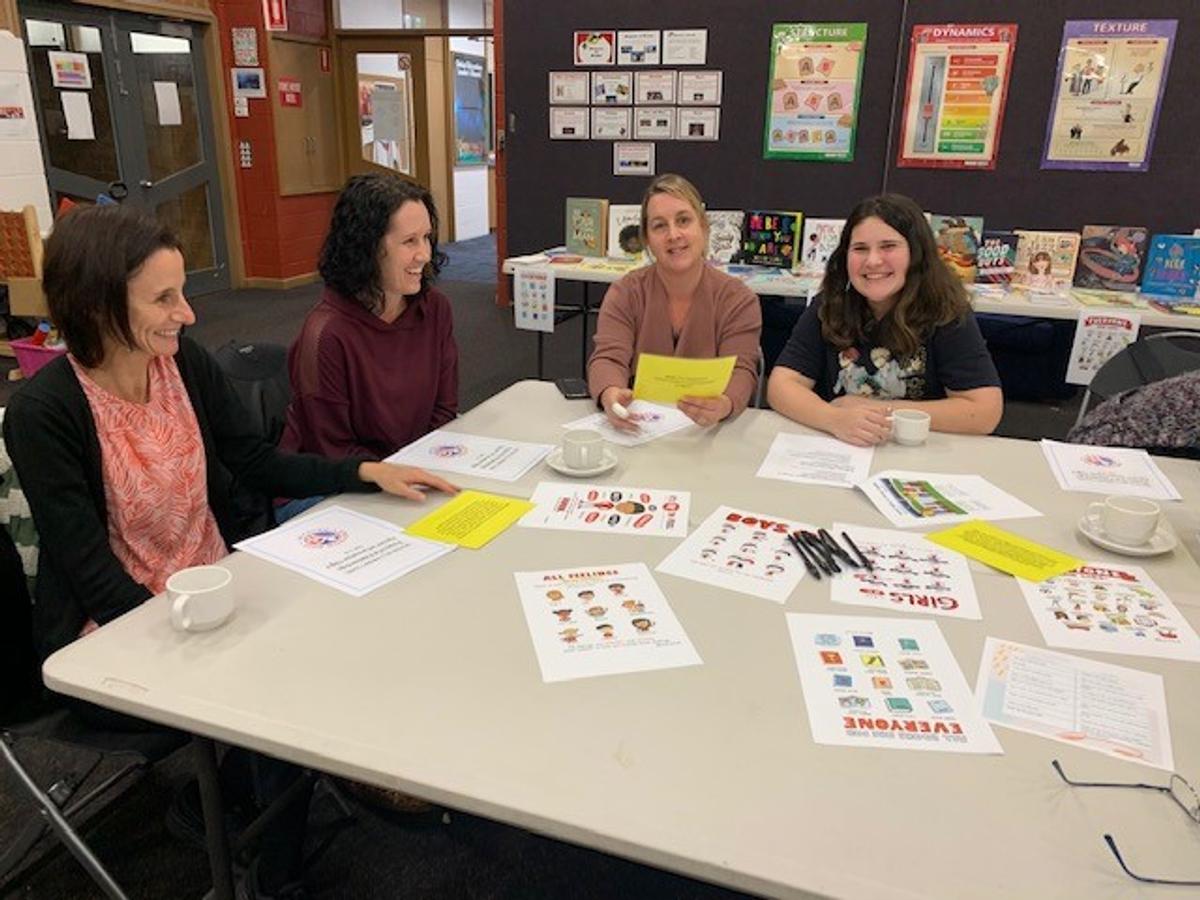Assistant Principal's Page
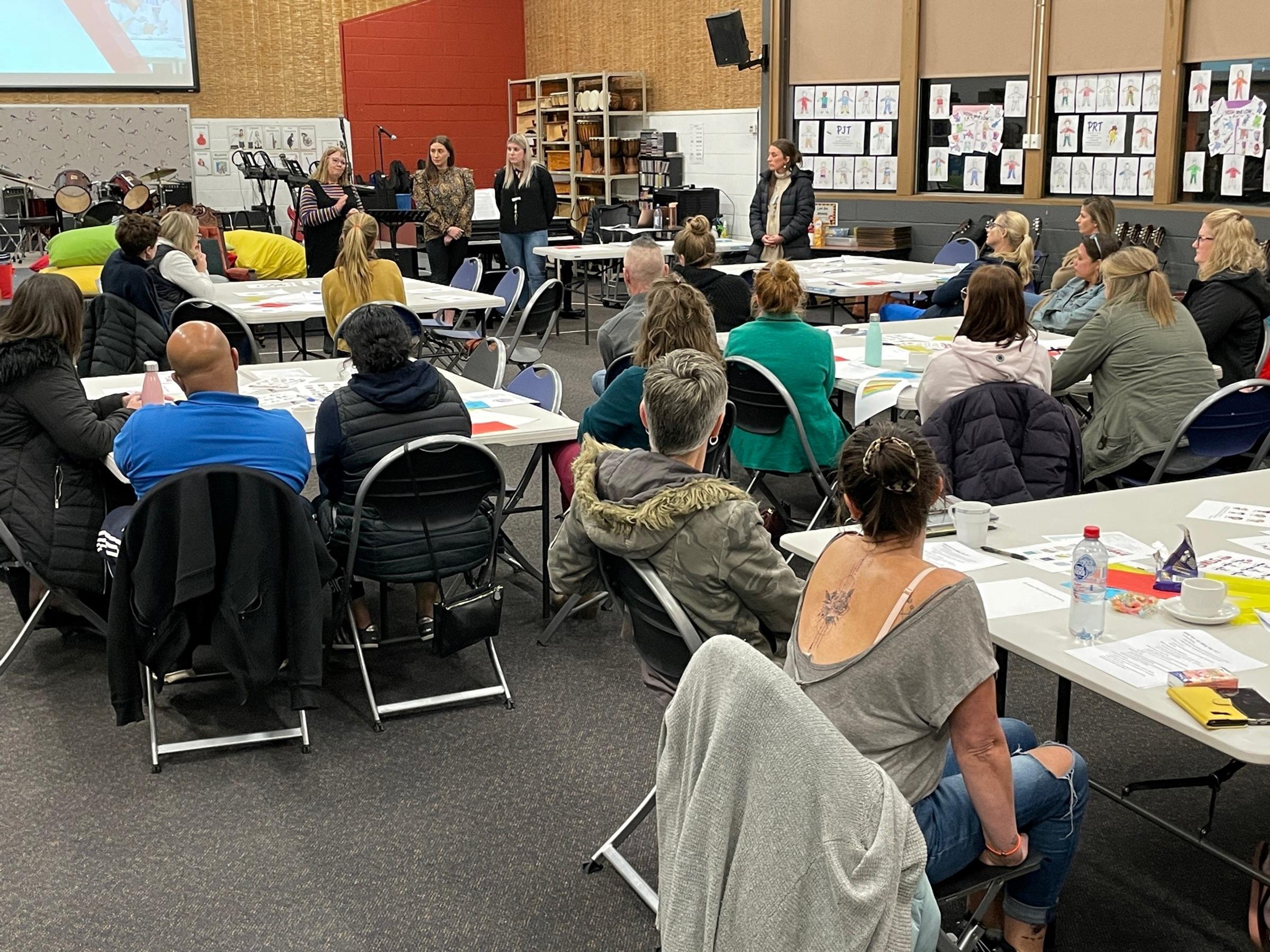
Respectful Relationships
A huge thank you to the parents who attended our Y3-6 Information Night last night. There was some great discussion and hopefully some better understandings regarding the Respectful Relationships Program. If you were unable to attend and would like some information please call in at the office. Thanks also to Kelly Gommers, Bree Waugh and Tayla Alderson, who put the presentation together.
Below are some Myths and Facts about the Respectful Relationships Program, which can be found on the Department of Education Website.
Myths and facts
▼ Myth: Respectful Relationships teaches radical gender theory
Fact: Respectful Relationships does not teach radical gender theory. It is a primary prevention initiative to reduce family violence. Respectful Relationships promotes respect and gender equality and helps students learn how to build healthy relationships. It prepares students to face challenges by developing problem-solving skills and building resilience and confidence. Schools involved in the Respectful Relationships initiative are building a culture of respect and gender equality, by looking at their practices and policies to drive meaningful change.
▼Myth: Education cannot solve the problem of family violence
Fact: Respectful Relationships isn’t intended to be the whole solution to addressing family violence, but it is an important primary prevention initiative. Just like other major social and health issues such as smoking and road tolls, evidence shows that gender-based violence can be prevented by working with the whole population, and in this case, all schools, to address the attitudes, beliefs and knowledge that supports the prevention of violence.
▼Myth: Respectful relationships education teaches boys to feel ashamed and girls to feel like victims
Fact: This is simply not true. None of the activities in the Resilience, Rights and Respectful Relationships teaching and learning materials teach students to feel ashamed, or feel like victims. Respectful Relationships promotes respect and equality and helps boys as well as girls learn how to build healthy relationships.
▼Myth: The Resilience, Rights and Respectful Relationships teaching and learning materials are not age appropriate
Fact: The Resilience, Rights and Respectful Relationships teaching and learning materials were developed by leading education experts, who tailored the materials to each year level from Prep to year 12 and made sure all information is age-appropriate and grounded in evidence.
▼Myth: Students will use the Resilience, Rights and Respectful Relationships teaching and learning materials learning materials like a textbook
Fact: The Resilience, Rights and Respectful Relationships teaching and learning materials are designed to support teachers to deliver respectful relationships education in the classroom. Teachers use their experience and knowledge to deliver this material in the most suitable way for their students. Materials were developed by nationally and internationally recognised experts from the University of Melbourne’s Graduate School of Education.
▼Myth: The Resilience, Rights and Respectful Relationships teaching and learning materials aren’t based on evidence
Fact: This is untrue. The Resilience, Rights and Respectful Relationships teaching and learning materials have been developed by experts from the University of Melbourne’s Graduate School of Education, based on evidence from reputable research bodies and leading authorities.
▼Myth: Respectful relationships education does not address violence against men
Fact: Respectful relationships education is about building positive relationships for all young people. Students are given the opportunity to explore emotions such as anger and frustration, and develop non-violent problem solving strategies.
.▼Myth: Respectful Relationships and the Safe Schools program are the same
Fact: Respectful Relationships and Safe Schools are two very different initiatives. Primary school students are supported to learn new skills to build their confidence and resilience.
Safe Schools is a about creating inclusive and safe environments for all students, including lesbian, gay, bisexual, transgender and intersex (LGBTI) students. Safe Schools seeks to prevent, and respond to, discrimination against LGBTI students. Safe Schools is not part of the Victorian Curriculum.
Respectful Relationships is part of the curriculum. It promotes respect and gender equality and helps students learn how to build healthy relationships.
▼Myth: Respectful Relationships will ban fairy tales
Fact: This is untrue. In schools, the Victorian Curriculum provides opportunities for students to read fairy tales as part of both the Languages and English Curriculum. We try to promote diversity of role models for children – for example, female characters who are firefighters, male characters who are nurses.
▼Myth: This initiative is trying to say that boys can’t play with trucks and girls can’t play with dolls
Fact: Absolutely not. This initiative is not seeking to make children ‘gender neutral’ or trying to prevent girls from playing with dolls, or boys with trucks. Respectful Relationships is about creating an environment in which children are not restricted by gender stereotypes and are free to explore and play as they choose.
▼Myth: The Respectful Relationships is a sex education program
Fact: Respectful Relationships is separate to sex education in the curriculum.
▼Myth: Respectful Relationships claims that children are sexist
Fact: Respectful Relationships is not saying that children are sexist.
Evidence shows that children in early childhood settings may start to exclude others based on their gender. For example – some children may insist that some games are for boys or girls, and may exclude others from playing the game.
This evidence shows it is important for children to be learning about and building healthy and respectful relationships from the early years and to understand their opportunities are not limited by their gender – that girls can grow up to be firefighters or footballers and boys can grow up to be nurses or teachers.
Carol Wyatt - Assistant Principal

